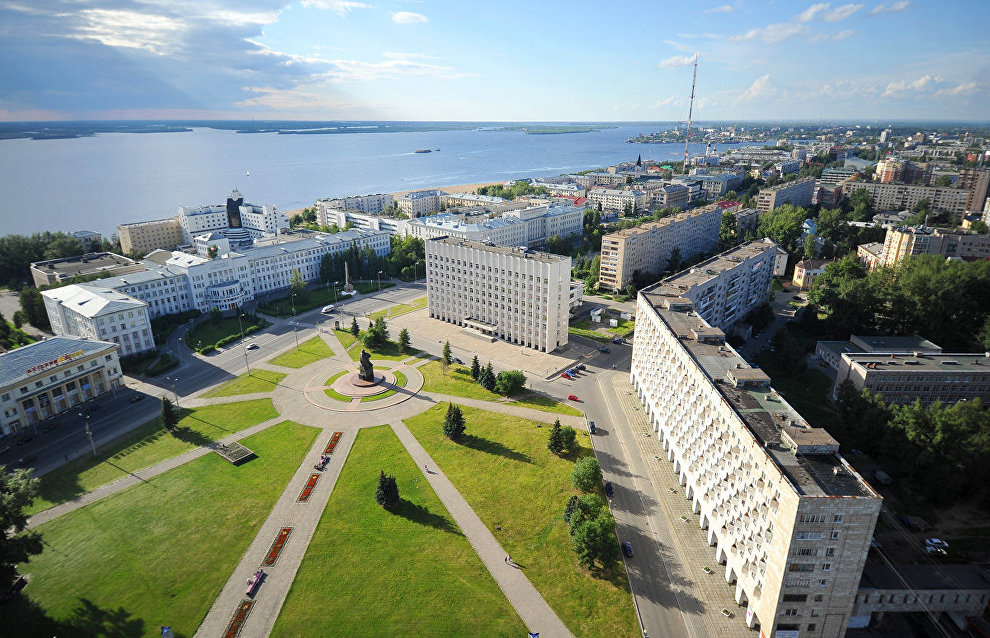Floating University returns from Arctic expedition
The Arctic Floating University, a research expedition by Northern (Arctic) Federal University (NAFU), has returned to Arkhangelsk from its latest expedition.
Konstantin Zaikov, head of the expedition and director of the NAFU Center for Arctic Strategic Studies (CASSNAFU), said there were 58 expedition members aboard, including undergraduate students, researchers, postgraduate students, organizers and security personnel.
This year, apart from Russian representatives, eight undergraduate and postgraduate students from Brazil, Denmark, Germany, Spain, Canada, Finland and the United States visited the Arctic.
Expedition participants conducted meteorological, geographic, ecological, climatological, biological and historical studies. In particular, specialists carried out hydrological and hydrochemical research in the White Sea and assessed the accumulated damage from the human presence in Russian Arctic National Park —Novaya Zemlya and Franz Josef Land, where trash is currently being collected.
"The trash has been cleaned up, but what is the accumulated impact on the soil? Amid global warming and oxidization, these substances are undergoing transformation. It is essential to study these processes to understand how the soil cover can be restored," TASS quoted Zaikov as saying.
In addition, the scientists continued the study of the vegetation cover, which began in 2013. Throughout the expedition, they also studied human adaptation to natural conditions in the Arctic — geomagnetic instability, sharp fluctuations in atmospheric pressure, low humidity and air temperature.
Expedition members visited Solovki, Kolguyev and Vaigach Islands, the Krenkel observatory (now closed) and Sosnovets Island.
The Arctic Floating University is an educational project designed to strengthen the Russian scientific presence in the Arctic and train specialists for work in high latitudes. Floating University made its maiden voyage in 2012.
